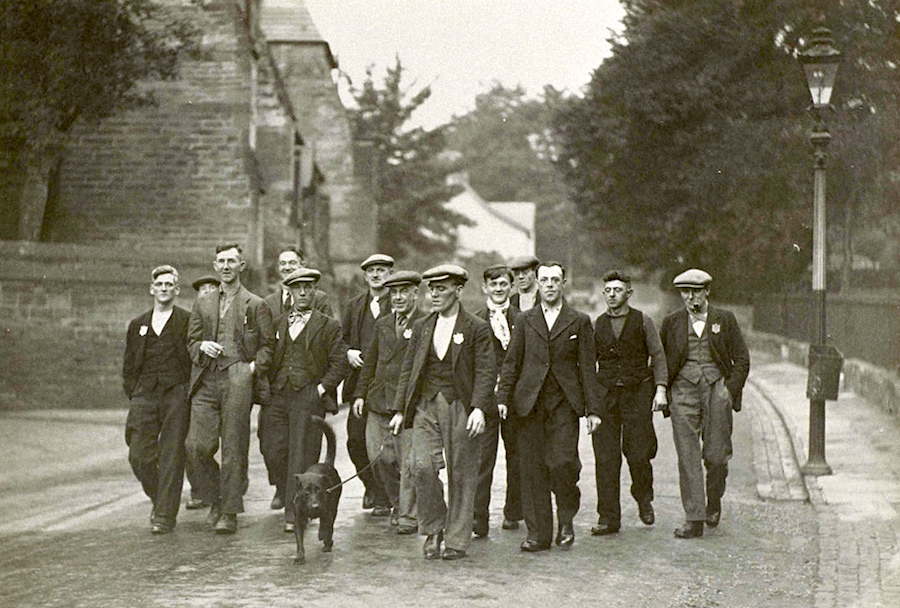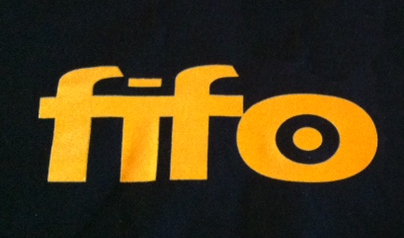By Martin Vogel

Not everything about chaos is miserable. We may be living through an epoch-defining collapse of the socio-economic settlement we have known for four decades. A reckoning with free-market, shareholder value capitalism is long overdue and it is happening in more disruptive ways than was needed. Things may look disturbing and confusing. But, as David Brooks reminds, out of chaos comes hope:
“There have been many moments in our history when old ideas and old arrangements stopped working and people chopped them up. Those transition moments were bumpy, and it was easy to lose hope, but then people figured it out. Never underestimate the power of human ingenuity.”
He doesn’t mean the kind of blind-faith, glib, muddling-through, bulldog-spirit, groundless hope that keeps churning out the same answers to new problems. He’s not British. He’s talking about the application of imagination to the invention of new paradigms; meeting a new reality with new strategies.





 At Vogel Wakefield HQ yesterday we were undertaking our annual strategic review and pondering our deep motivation for building our own business. We reached a startling conclusion: we don’t surface in how we present ourselves to clients our real passion for what we do. Instead, we neuter it by smothering it in business-friendly language. Our passion is to challenge the things that are toxic in organisations: to inspire people both to align themselves in their working lives more closely with their positive values and to push organisations into making a more positive contribution to society.
At Vogel Wakefield HQ yesterday we were undertaking our annual strategic review and pondering our deep motivation for building our own business. We reached a startling conclusion: we don’t surface in how we present ourselves to clients our real passion for what we do. Instead, we neuter it by smothering it in business-friendly language. Our passion is to challenge the things that are toxic in organisations: to inspire people both to align themselves in their working lives more closely with their positive values and to push organisations into making a more positive contribution to society.

